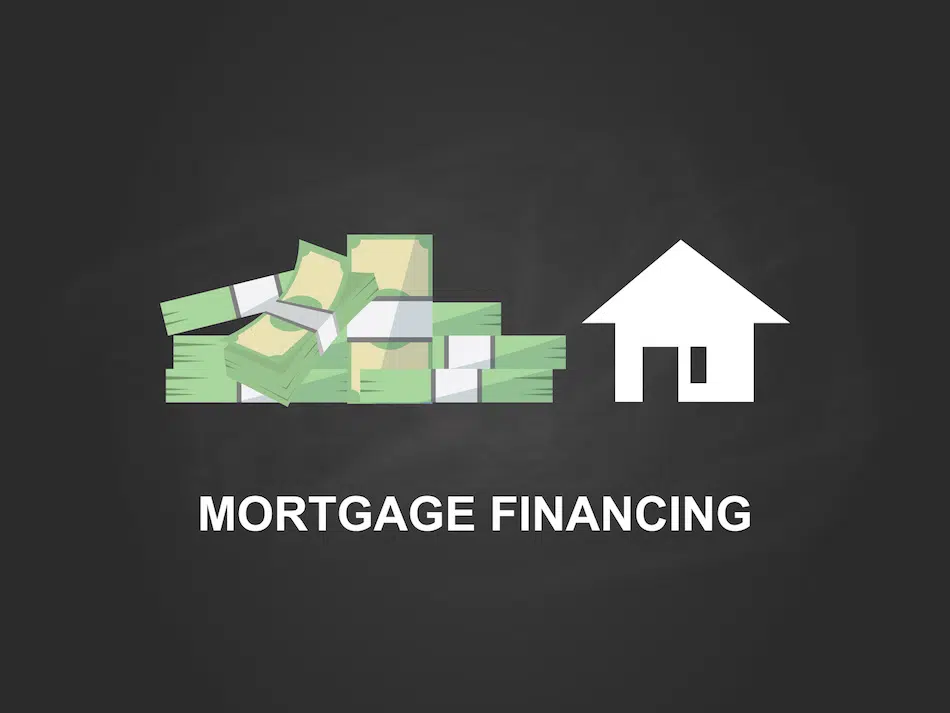
Buying a Rental Property Investment: Financing Options
 For many people, buying a home as a rental property is a way to build equity and earn some largely passive income as a landlord. There are several ways to finance a rental property. Understanding how each one works makes it easier for investors to explore their financing options.
For many people, buying a home as a rental property is a way to build equity and earn some largely passive income as a landlord. There are several ways to finance a rental property. Understanding how each one works makes it easier for investors to explore their financing options.
Traditional Mortgages
People who want to buy a home often go through a bank, credit union, or other type of organization to get a traditional mortgage. With a rental property, applying for a rental property mortgage is somewhat similar. People must be able to prove that they have the income, assets, and credit record necessary to qualify for a mortgage. If they also carry a mortgage on their primary residence, they may need to be able to show that they can make both payments, as well as any other debts they have. Lenders have some license to decide who they think is a good candidate for buying a rental property, and to set reasonable loan terms. As such, borrowers who apply to more than one institution may be able to find terms that are more favorable.
Owner Financing
In some cases, owners of a particular property may be able to offer their own kind of financing for prospective investors. If a homeowner has no mortgage or liens on the property, they could be willing to finance an investor’s purchase of the home without having to go through a bank or another lender. Unlike a bank mortgage, financing a property through the owner allows investors to negotiate the ideal terms with the owner, instead of relying on bank conventions. With careful attention to laying out the terms and signing proper paperwork, owner-financed loans could be as practical as bank financing.
FHA Loans for Multifamily Properties
Owner-occupant financing may be a good choice for a person who wants to get into rental properties, but also needs a place to live. Loans backed by the Federal Housing Administration are designed for primary residences, but people may also use them to purchase multifamily units, such as a duplex, triplex, or four-unit apartment building. FHA loans make approval for a mortgage easier to obtain, with lighter restrictions on income, credit history and the amount of money to pay at closing. Although FHA loans may carry a higher interest rate, it could help those with limited funds to get started.
Person-to-Person Lending
Getting a loan from a bank may be the standard way to finance a property purchase, but direct lending is also an option. There are many personal investors who are willing to make fair mortgage loans to borrowers. Certain websites match prospective buyers with personal lenders, although some people prefer to seek funding from someone they know personally. Direct lenders may limit their investment to borrowers who have established legal protections for their personal assets, by setting up a limited liability company (LLC).
Limitations to Consider
Buying a property to rent is not the same as buying a primary residence or even a vacation home, and lenders tend to adjust their terms accordingly. Without the protection of a borrower living in the space, lenders often require a higher down payment, possibly as high as 25 percent or more. Counting rental income on an application could extend a buyer’s borrowing power extensively. However, most lenders will not consider rental income unless the buyer already has a tenant agreed to move in and start paying immediately.
People who are looking to buy an Edina rental property may be surprised to learn that they do not necessarily have to go through a bank. With these choices available, investors can select the funding opportunities that will begin their path to real estate investment.



